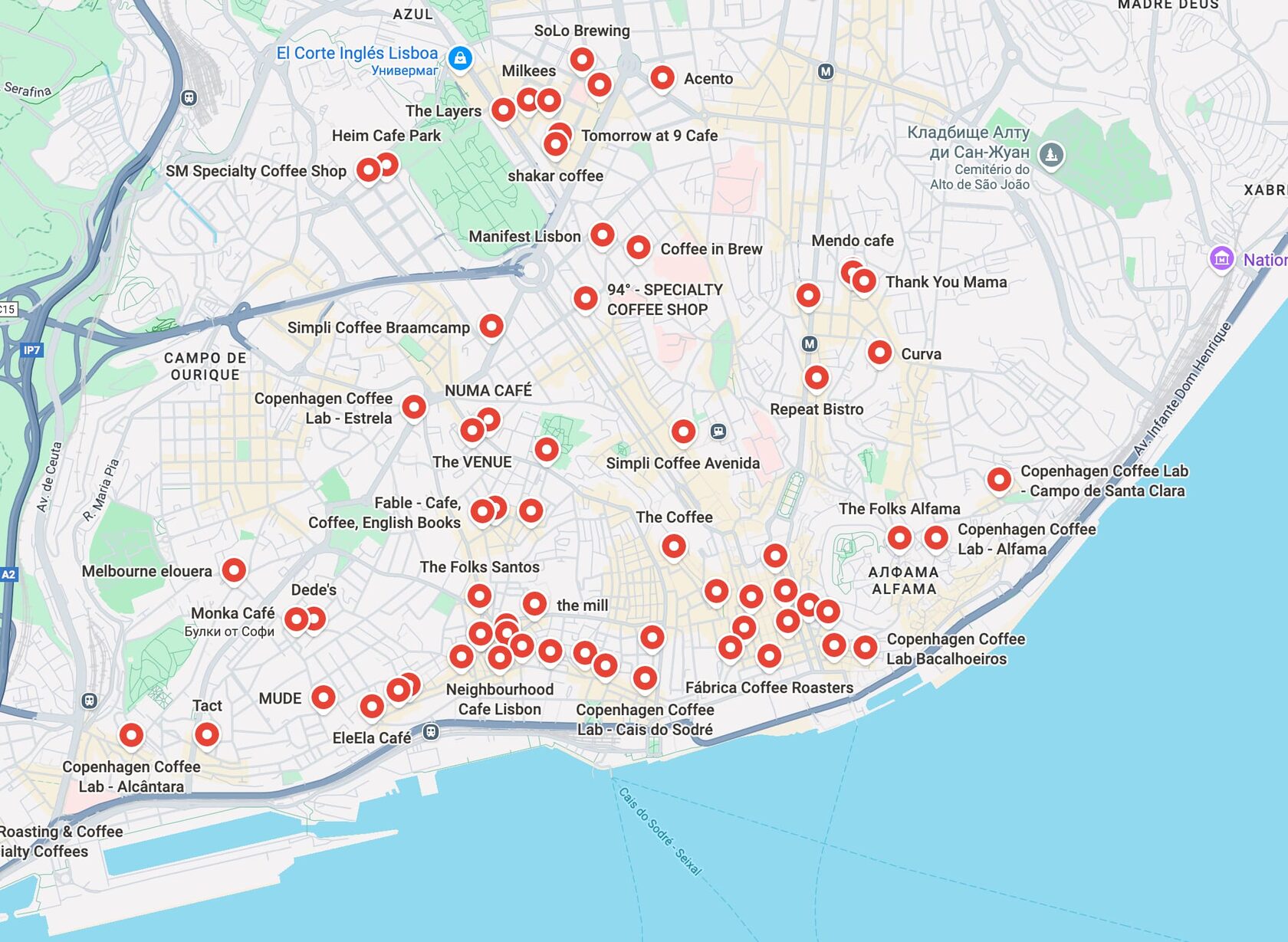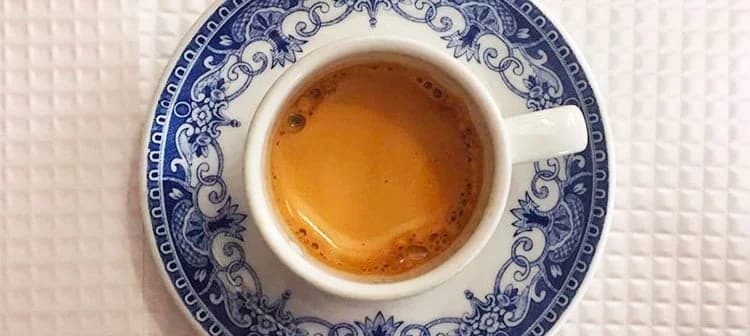Portugal’s coffee scene is a whole vibe—rich, diverse, and packed with local flair. From bold espresso shots to creamy milk-based drinks and refreshing summer sips, every cup tells a story. Here’s your go-to guide to navigating Portuguese coffee like a local, with all the regional quirks and cultural tidbits thrown in.
Espresso and Its Many Faces
Espresso is the backbone of Portugal’s coffee culture. You’ll find it everywhere, but the name and style shift depending on where you are.
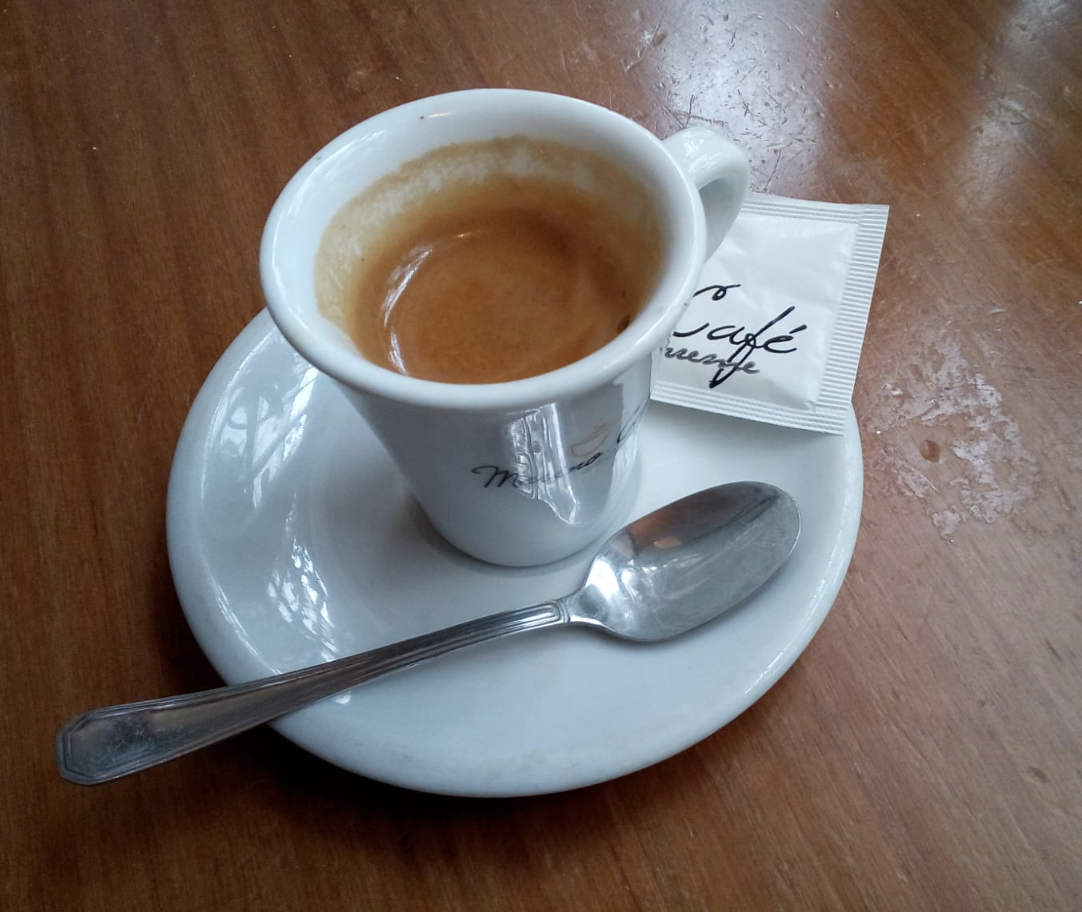
Bica (Lisbon) / Cimbalino (Porto): The classic espresso, served short and strong, not quite filling the cup. Bica comes from Beba Isto Com Açúcar ("drink this with sugar")—back in the day, people found espresso so bitter they’d sweeten it up. In Porto, cimbalino nods to the Cimbali espresso machines that were big in the region.

Café cheio / Bica cheia: A "full" espresso with a splash of extra water to top off the cup, making it a tad milder.
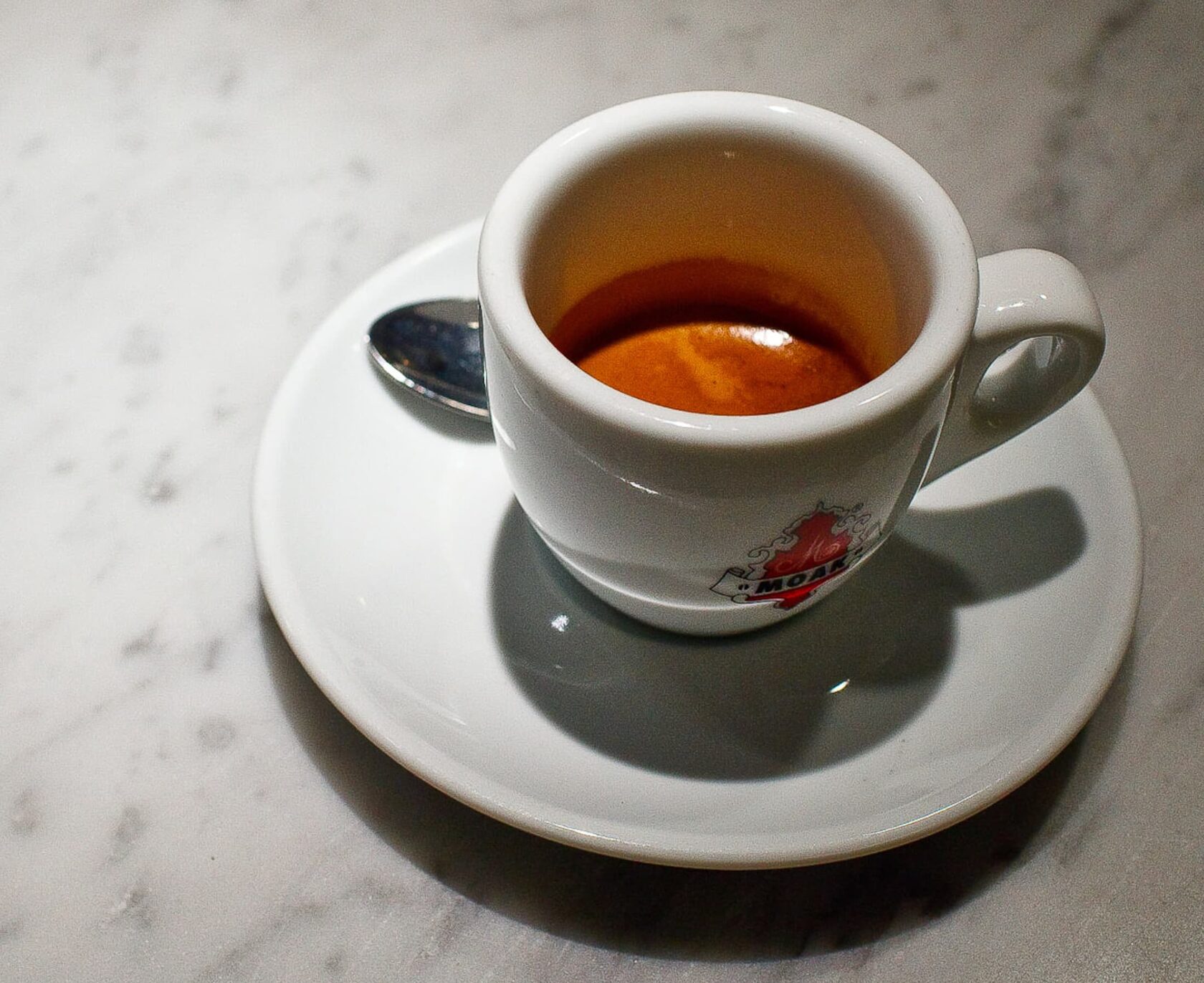
Café curto / Italiana: The strongest, most concentrated espresso with barely any water. Perfect for hardcore coffee lovers.
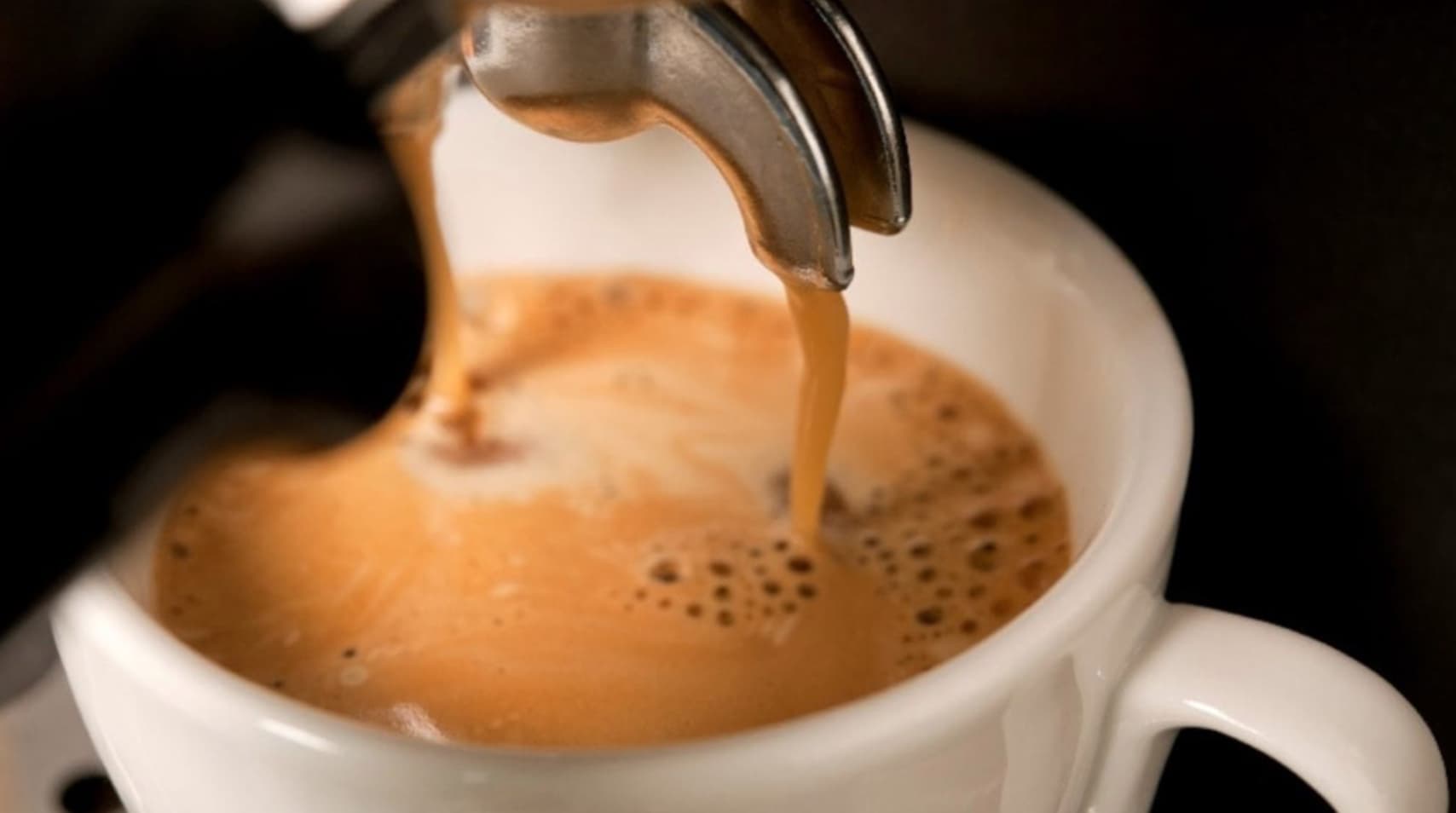
Café duplo: A double espresso in one cup for when you need that extra caffeine kick.

Abatanado / Americano: Espresso diluted with hot water, Portugal’s take on an Americano. It’s lighter but still packs that coffee punch.
Coffee with Milk
Milk-based coffee drinks in Portugal are a category of their own, with different ratios creating unique flavors.
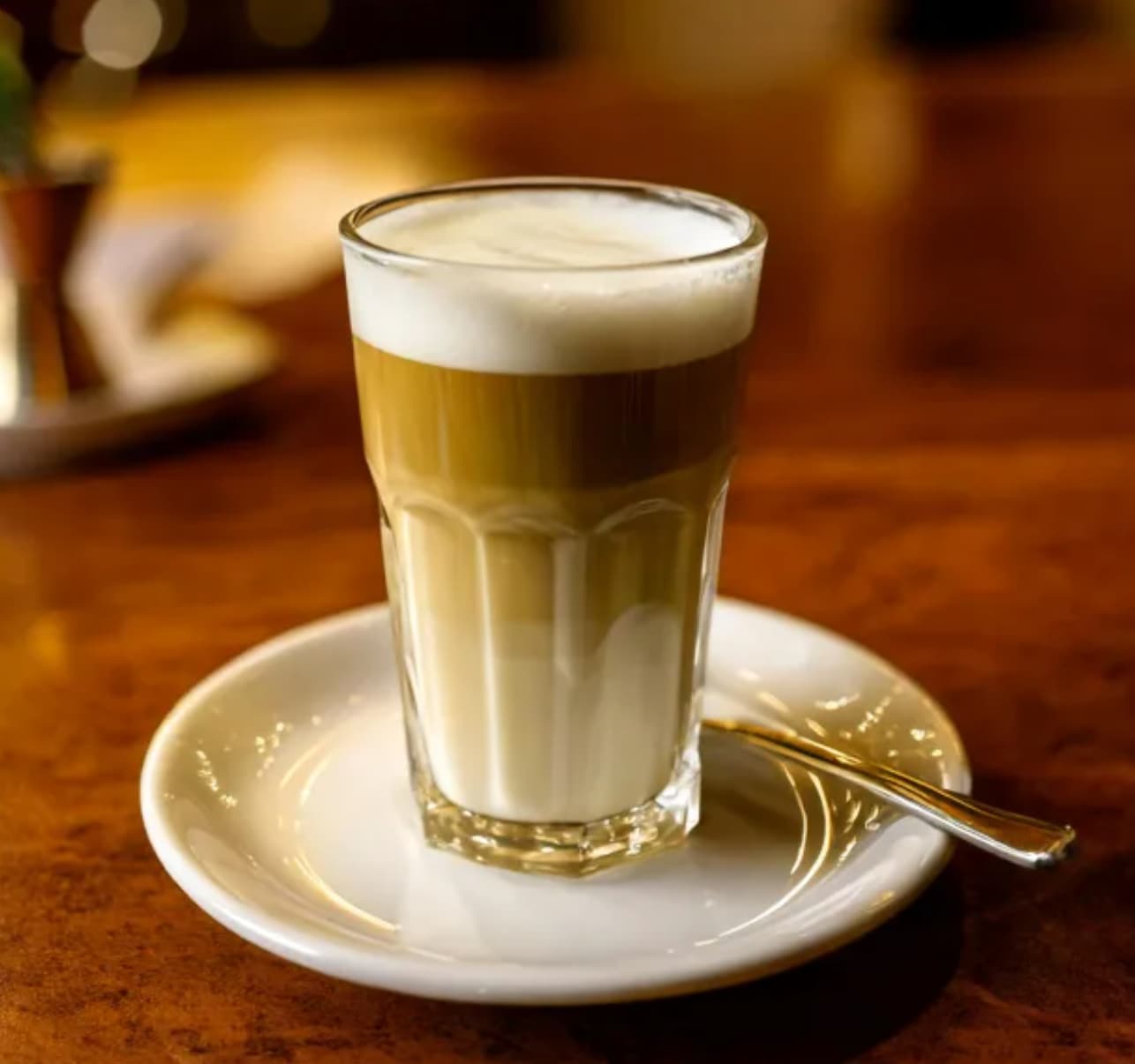
Galão: Think Portuguese latte, served in a tall glass with a 1:3 ratio of espresso to milk. Want it stronger? Ask for galão escuro (dark). Prefer it softer? Go for galão claro (light).

Meia de leite: Literally "half milk," this is espresso with an equal amount of milk (1:1), making it punchier than a galão. On Madeira, they call it chinesa ("Chinese"), adding some island charm.
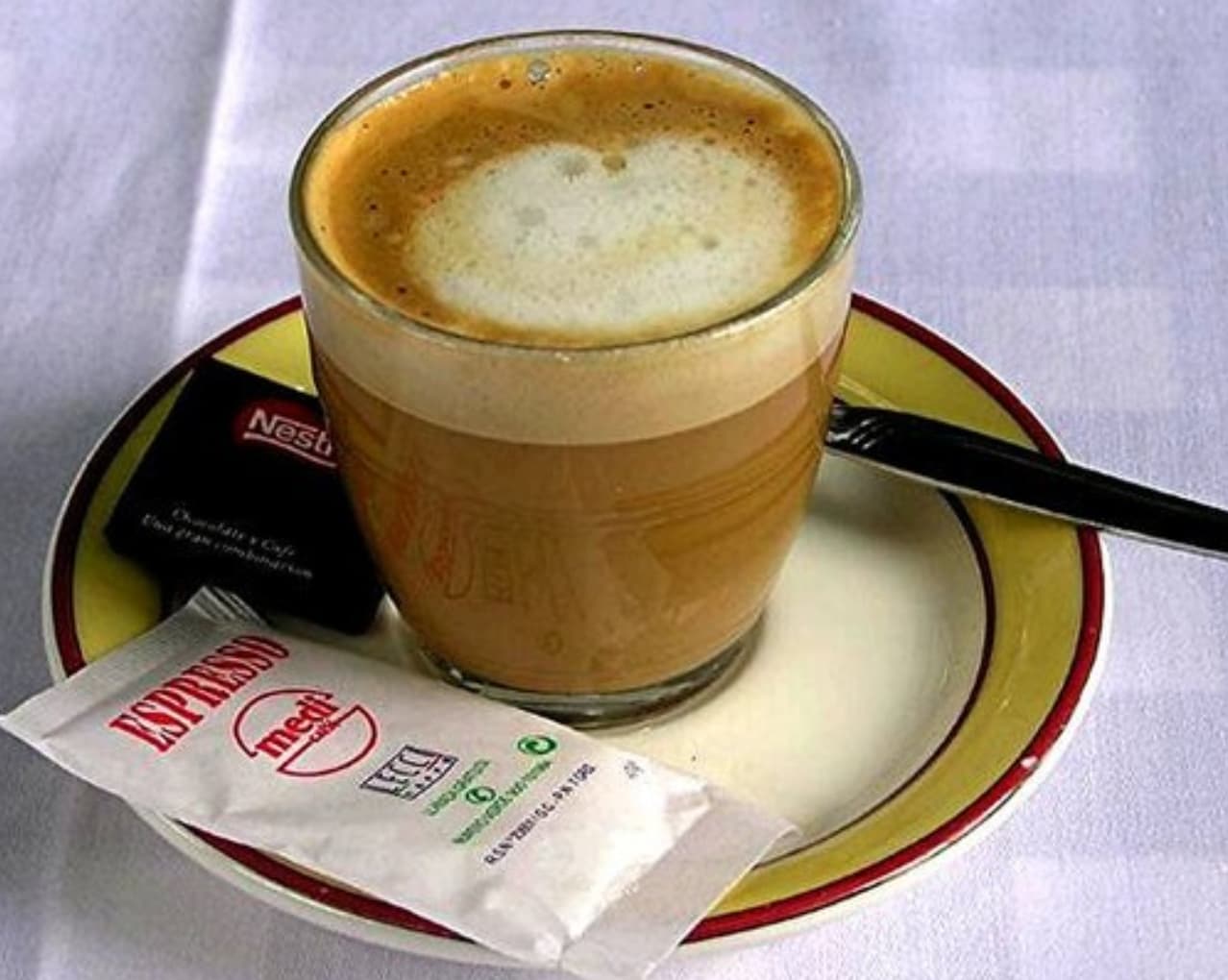
Garoto / Pingo: Espresso with a touch of milk foam, just enough to soften the edge.
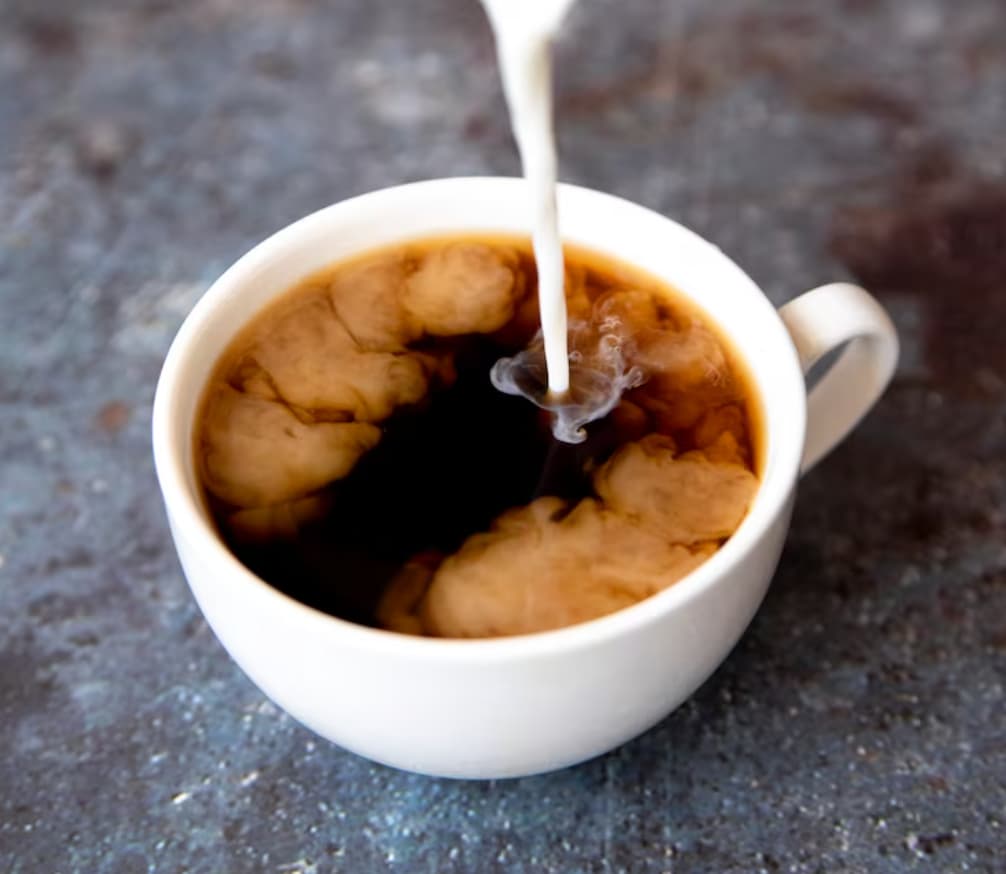
Pingado / Café pingado: Espresso with a drop of cold milk, keeping things bold but smooth.
Light and Unique Options
For those who want something less intense or just a bit different, Portugal’s got you covered with some creative twists.
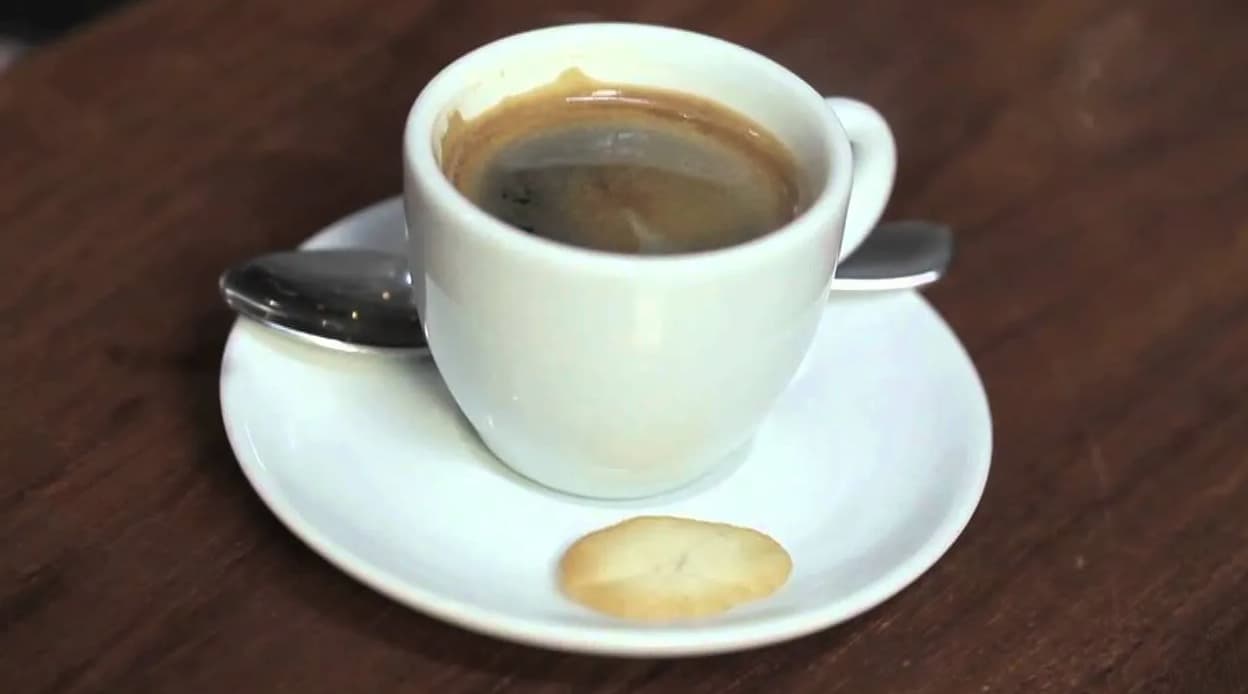
Carioca: A weaker espresso made from a second pass of the same coffee grounds. It’s a lighter option for when you want the flavor without the caffeine overload.
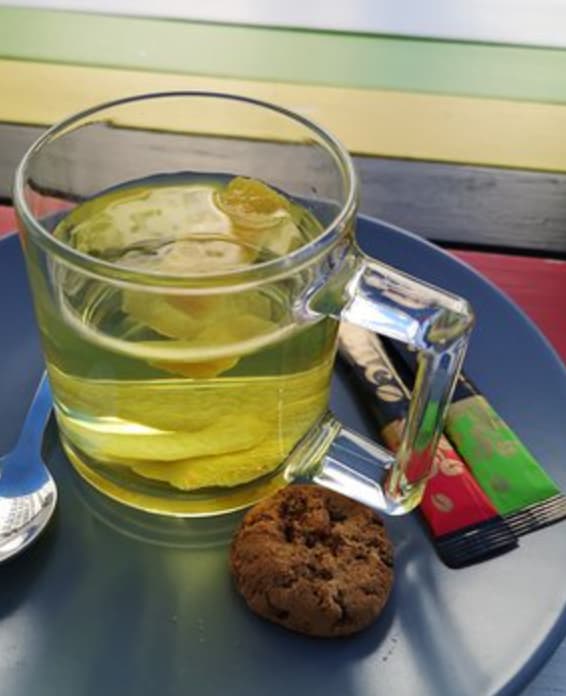
Carioca de limão: No coffee here! This is hot water with lemon, like a tea vibe—perfect for a refreshing break.

Café sem princípio / Café escorrido: A middle-ground brew, sitting somewhere between a standard espresso and a carioca.
Boozy and Iced Vibes
Portuguese coffee culture loves a good twist, and these unique drinks prove it.
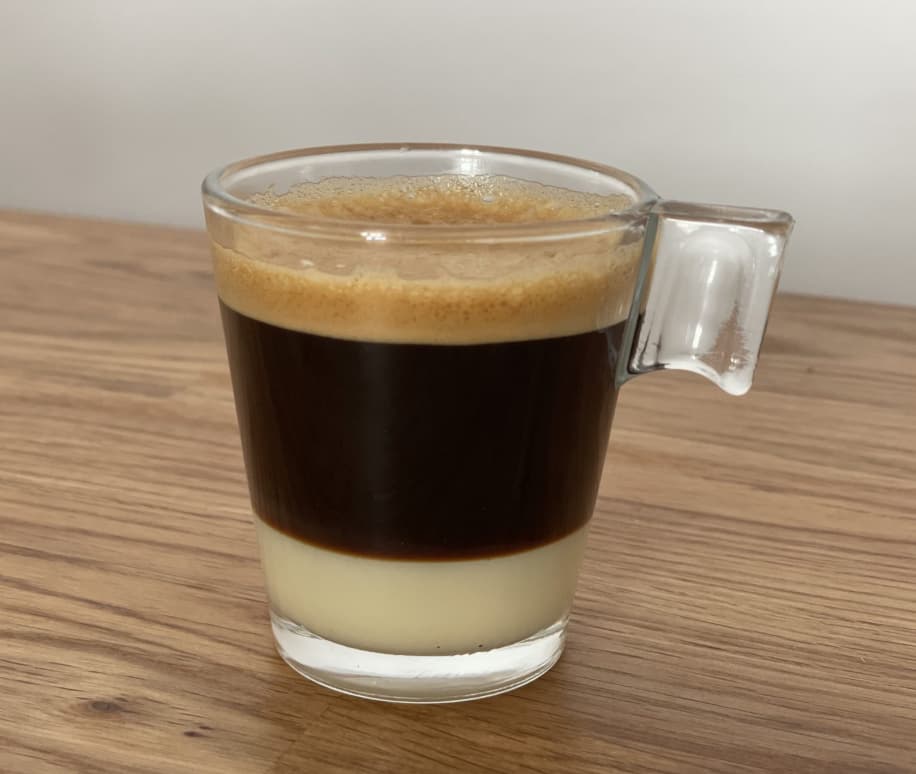
Café bombom / Café biberon: Espresso with sweet condensed milk—a dessert in a cup for those with a sweet tooth.

Descafeinado: Decaf coffee, available for any of the above styles if you want the taste without the buzz.
Portugal’s Coffee Culture
Coffee in Portugal is more than just a drink—it’s a ritual, a social glue, and a slice of national identity. The average Portuguese person downs at least two espressos a day, which adds up to about four kilos of coffee beans per year. Unlike other countries, takeaway coffee isn’t really a thing here. Locals either slam a quick bica at the counter or linger over a cup at a café table, soaking in the vibes and catching up with friends.
Every region puts its own spin on coffee, from Porto’s cimbalino to Madeira’s chinesa. This rich lingo and variety of drinks reflect Portugal’s deep love for coffee, where every cup is a moment to connect, reflect, or just enjoy life.
Every region puts its own spin on coffee, from Porto’s cimbalino to Madeira’s chinesa. This rich lingo and variety of drinks reflect Portugal’s deep love for coffee, where every cup is a moment to connect, reflect, or just enjoy life.
Modern Trends and Third-Wave Coffee
In recent years, Portugal’s coffee culture has been getting a fresh twist with the rise of third-wave coffee. This global movement, focusing on high-quality beans, ethical sourcing, and unique flavor profiles, is gaining traction in cities like Lisbon and Porto. Specialty cafés are all about carefully sourced beans, often roasted in-house, with an emphasis on origin and processing methods.
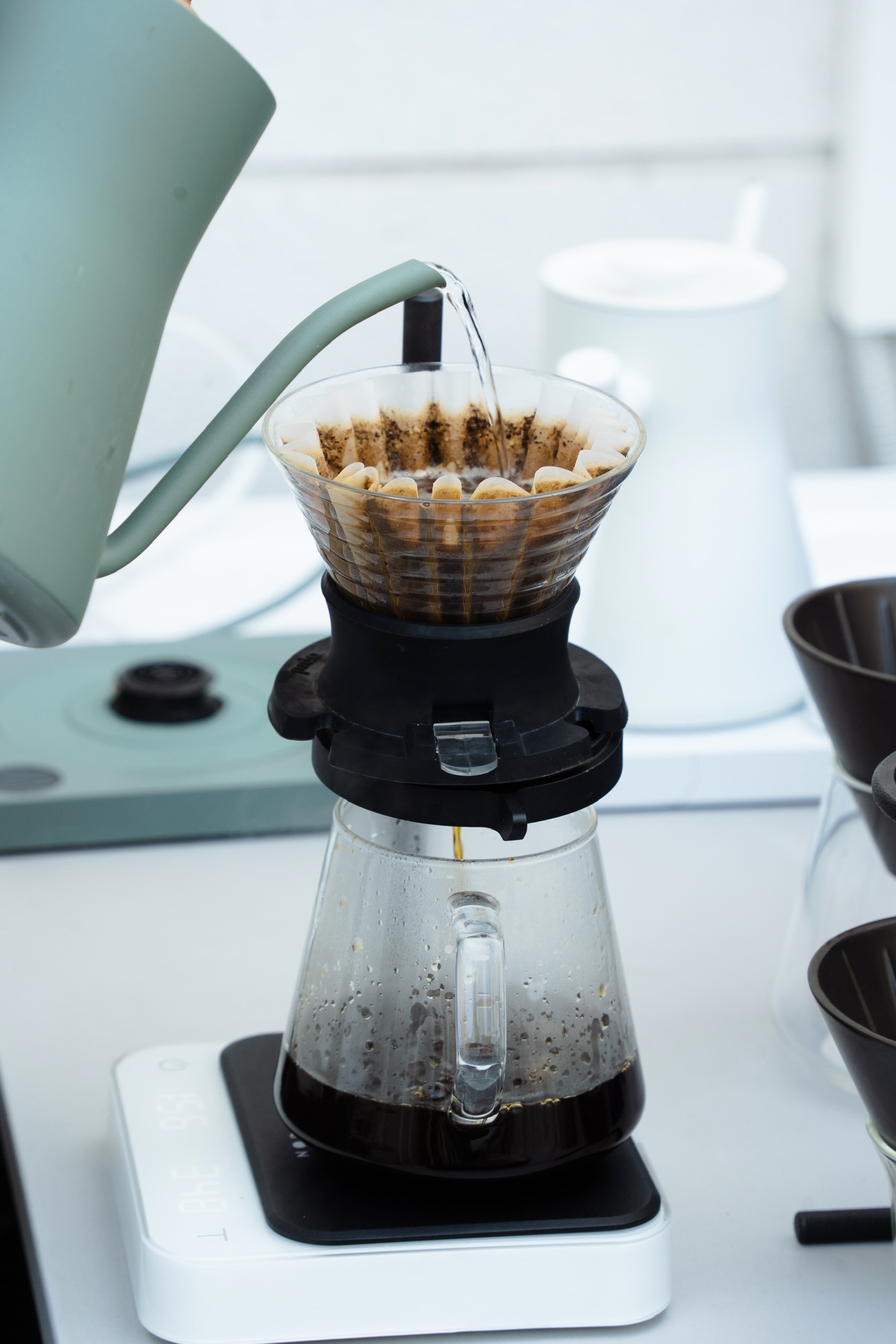
Third-wave coffee in Portugal is big on single-origin beans, which bring out distinct flavor notes—from fruity and floral to chocolatey and nutty. You’ll find brewing methods like pour-over, AeroPress, or cold brew in these cafés, a departure from the traditional bica churned out by espresso machines. Baristas often share the story behind each coffee, highlighting its roots, whether from Ethiopia, Colombia, or Brazil.
While third-wave coffee is growing, Portugal’s traditional coffee rituals still reign supreme. Locals still love their quick espresso at the counter, but they’re increasingly open to experimenting with new flavors and formats. Modern cafés are also tossing in vegan milk options (like oat or almond) and seasonal drinks, such as cold brew with local touches like orange syrup or cinnamon.
In the end, Portugal’s coffee culture is a beautiful blend of deep-rooted traditions and cutting-edge innovation, offering something for everyone—whether it’s a classic bica or a fancy pour-over from Ethiopian Yirgacheffe beans.
While third-wave coffee is growing, Portugal’s traditional coffee rituals still reign supreme. Locals still love their quick espresso at the counter, but they’re increasingly open to experimenting with new flavors and formats. Modern cafés are also tossing in vegan milk options (like oat or almond) and seasonal drinks, such as cold brew with local touches like orange syrup or cinnamon.
In the end, Portugal’s coffee culture is a beautiful blend of deep-rooted traditions and cutting-edge innovation, offering something for everyone—whether it’s a classic bica or a fancy pour-over from Ethiopian Yirgacheffe beans.
Read about the best specialty coffee shops in the Lisbon area here
The full map of Lisbon's specialty coffee shops can be viewed here
